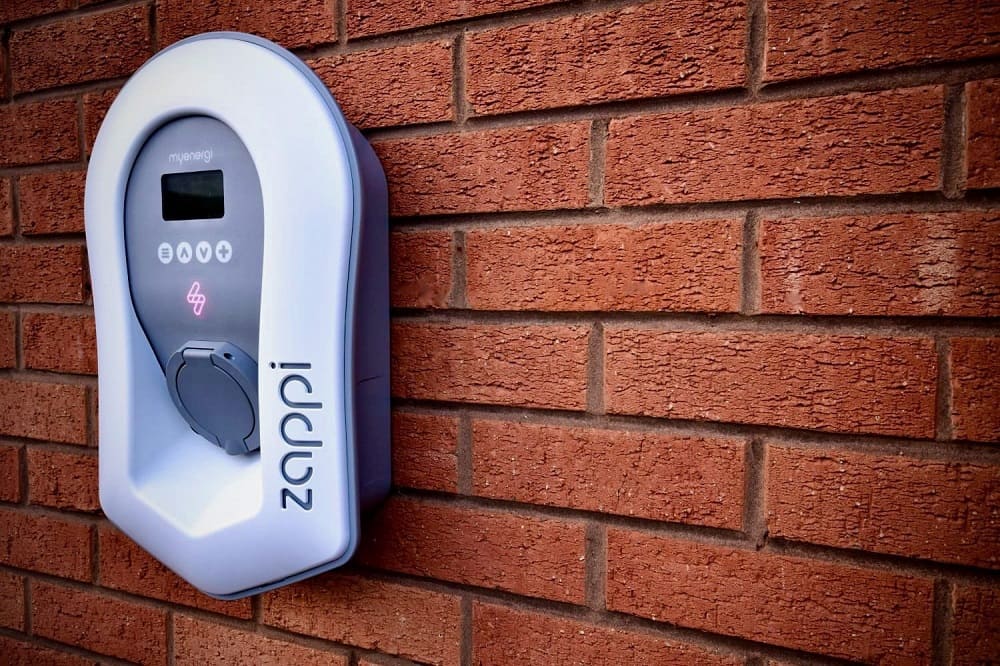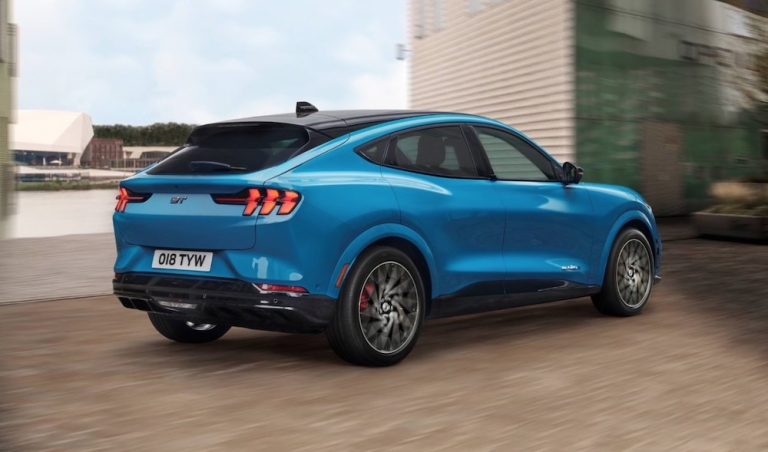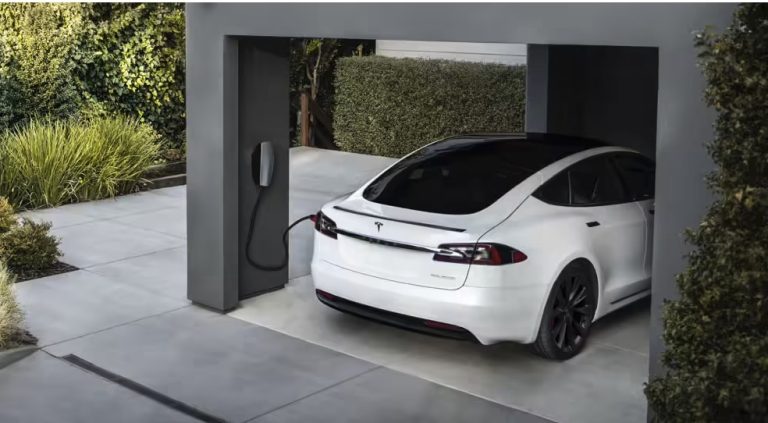Electric Car Charging: The Basics
For those of you new to zero-emission electric driving, we recommend a read of the following articles:
Sign up to the e-zoomed Electric Living newsletter
Ireland is certainly getting serious about its ambitions for electric driving in the country. In July 2022, the Irish government announced the creation of a new office, the Zero-Emission Vehicle Ireland (ZEVI) to assist with the transition to electric driving.
This transition to electric driving is already well underway in Ireland. According to the Sustainable Energy Authority of Ireland (SEAI), the country has 67,000 plug-in hybrid electric vehicles (PHEVs) and battery-electric vehicles (BEVs) on Irish roads.
According to the Society of the Irish Motor Industry (SIMI), as of September 2022, “So far this year 14,513 new electric cars have been registered in comparison to 7,819 on the same period 2021 an increase of 85.6%”. Pure electric cars (BEVs), plug-in hybrid electric vehicles (PHEVs) and hybrids, command over 40% market share (BEVs: 14.30%/PHEVs 6.79%). We can expect this to continue, as the market develops further. Popular electric cars in Ireland include: the all-electric Volkswagen ID.4, the all-electric Tesla Model 3, the all-electric Kia EV6 and more!
The success for the migration to electric driving depends on a number of factors, but one of the main drivers for the successful development of the EV market is deployment of electric car charging infrastructure. Though public EV charging infrastructure is a vital element of the charging infrastructure, it is worth noting that the majority of EV charging is conducted at home, usually overnight. Some estimate over 80% of electric car charging is done at home!
This is not surprising, as one of the advantages of owning an electric car is not having to visit a gas station to refuel the car. Home EV charging has come a long way over the past three years, from EV owners using a standard domestic socket for charging to the latest-generation SMART EV home chargers.

Though EV owners can continue to charge an electric car using a domestic plug, we at e-zoomed discourage the use of domestic plugs for charging. We recommend only using dedicated home electric car chargers. A good example is myenergi zappi home EV charger, that is not only smart, but also compatible with on-site solar or wind generation. We encourage the use of renewable energy to charge an electric car, as this way, electric driving is truly zero-tailpipe emission ‘well-to-wheel’.
In July 2022, the Zero-Emission Vehicle Ireland (ZEVI) also announced a number of initiatives to support the uptake of electric cars. Some of these include:
- Launch of the apartment charging Grant
- Expansions of the EV Home Charger Grant
- EV Smart Charger Register
The Electric Vehicle Home Charger Grant is managed by the SEAI on behalf of ZEVI. The grant is up to €600 for the purchase and installation of a home EV charger. The grant is funded by the Irish government and the core objective of the grant is to, ‘assist residents and homeowners to install an electric vehicle charge point on their property’. One does not need to own an electric car to take advantage of the grant, and the grant is open to homeowners and can also be used for rented accommodation.
Top Tips For Home EV Chargers
| Home EV Chargers: Top 5 Tips | |
|---|---|
| Price: | An EV charging station is an investment not for a short-term, but for the long-term. An EV will cost over €30,000 to buy and trying to save €30 on a cheaper EV charger is not a prudent approach. Yes, seek competitive prices, but we strongly recommend choosing quality over price, when buying an electric car charging station. We recommend reading reviews of the EV chargers you have shortlisted! |
| Smart Vs Non-Smart EV Chargers: | Though the grant for home EV chargers is only for Smart EV chargers, we would have recommended only choosing a Smart EV charger, irrespective of the grant application criteria. As electric vehicles continue to develop further, we will witness home EV charger play an exceedingly greater role than just charging an electric car. Expect to use bidirectional home EV chargers that offer Vehicle-To-Grid (V2G), Vehicle-to-Home (V2H) and a lot more. Moreover, Smart EV chargers gives the user more control, flexibility and convenience when charging an electric car, to include, choosing the most appropriate time to charge, taking advantage of lower tariffs and a lot more! |
| Manufacturer Warranty: | Most home EV charging station manufacturers offer a warranty between 2-3 years. Warranty matters, so make the effort to read and understand the warranty before deciding. |
| Installer: | Do not be seduced to choose the cheapest installation quotation. In all probability, the cheapest will not be the most appropriate quotation. Nor are we suggesting choosing the most expensive quotation. A fair and sensibly priced installation quotation is the best choice. It is imperative that the installer is appropriately qualified and trained to install the EV charger, so that the operation of the charging station is safe for the user. Moreover, an EV charger not installed correctly has the potential to damage the EV charging station, the electric vehicle and this could also have implications on the warranty offered by the manufacturers. Lastly, to qualify for the home charging grant in Ireland, the SEAI stipulates the use of a ‘Safe Electric Registered Electrical Contractor’. |
| After Sales Service (Repair & Maintenance): | It pays to research in more detail the level of support provided by the charge point manufacturer during the warranty period. Not all manufacturers offer the same level of support and certainly, not all charge point manufacturers have an equally good reputation for after sales service. |
EV Home Charger Grant: Eligibility Criteria
| Eligibility Criteria | |
|---|---|
| Parking: | The EV must be parked on an off-street parking location associated with the home and the charger must be connected back to the home of the applicant. |
| MPRN: | The Meter Point Reference Number (MPRN), which you can find on your electricity bill, will be used to confirm the location of your home. |
| Previous Grants: | The property cannot be associated with a previous EV home charge point grant payment. Additionally, it cannot have availed of the free ESB Ecars home charger pre 2018. |
| Letter of Offer: | Do not commence any work before the start date on your Letter of Offer otherwise this expenditure will be deemed ineligible and you will not receive grant support for it. |
| Validity Period: | You have 6 months from the date on this Letter of Offer, which will be emailed to you, to complete your installation and return your Payment Request Form to SEAI with all associated evidence whole and complete – Cert 3, Test Record, photo of installation, invoice from electrician. |
While e-zoomed uses reasonable efforts to provide accurate and up-to-date information, some of the information provided is gathered from third parties and has not been independently verified by e-zoomed. While the information from the third party sources is believed to be reliable, no warranty, express or implied, is made by e-zoomed regarding the accuracy, adequacy, completeness, legality, reliability or usefulness of any information. This disclaimer applies to both isolated and aggregate uses of this information.























